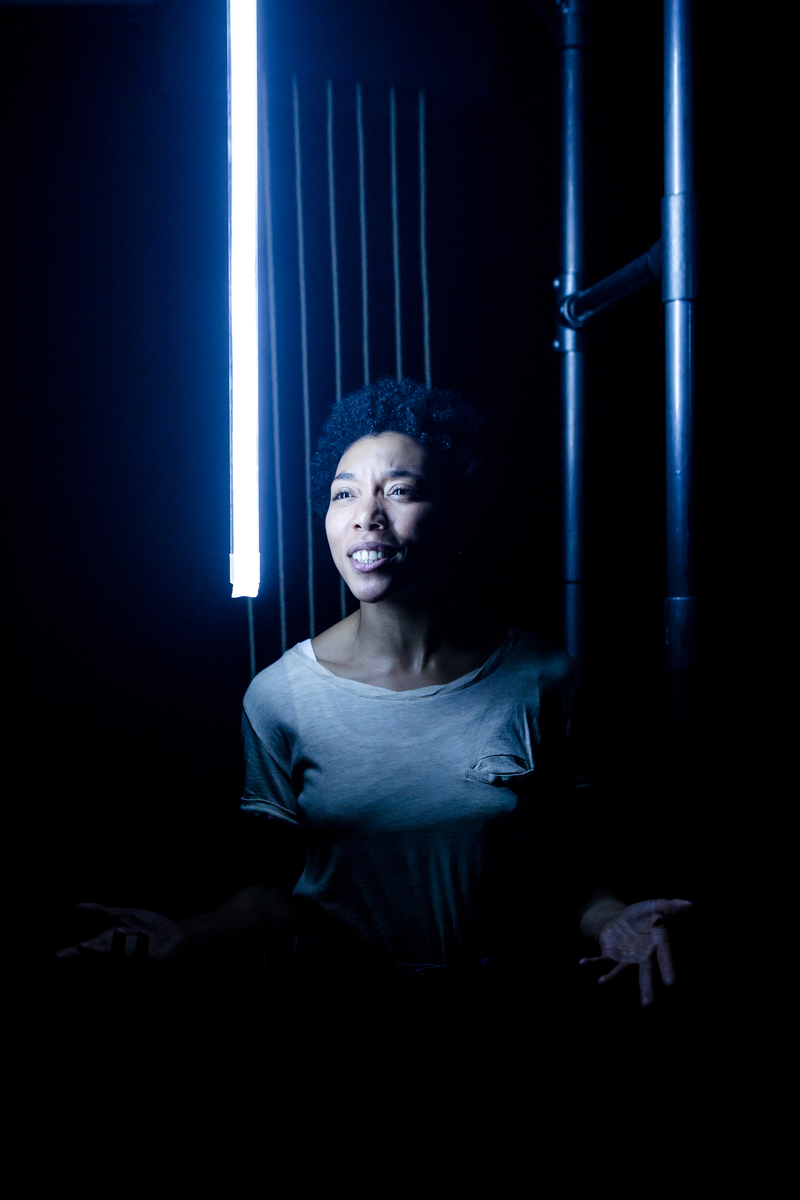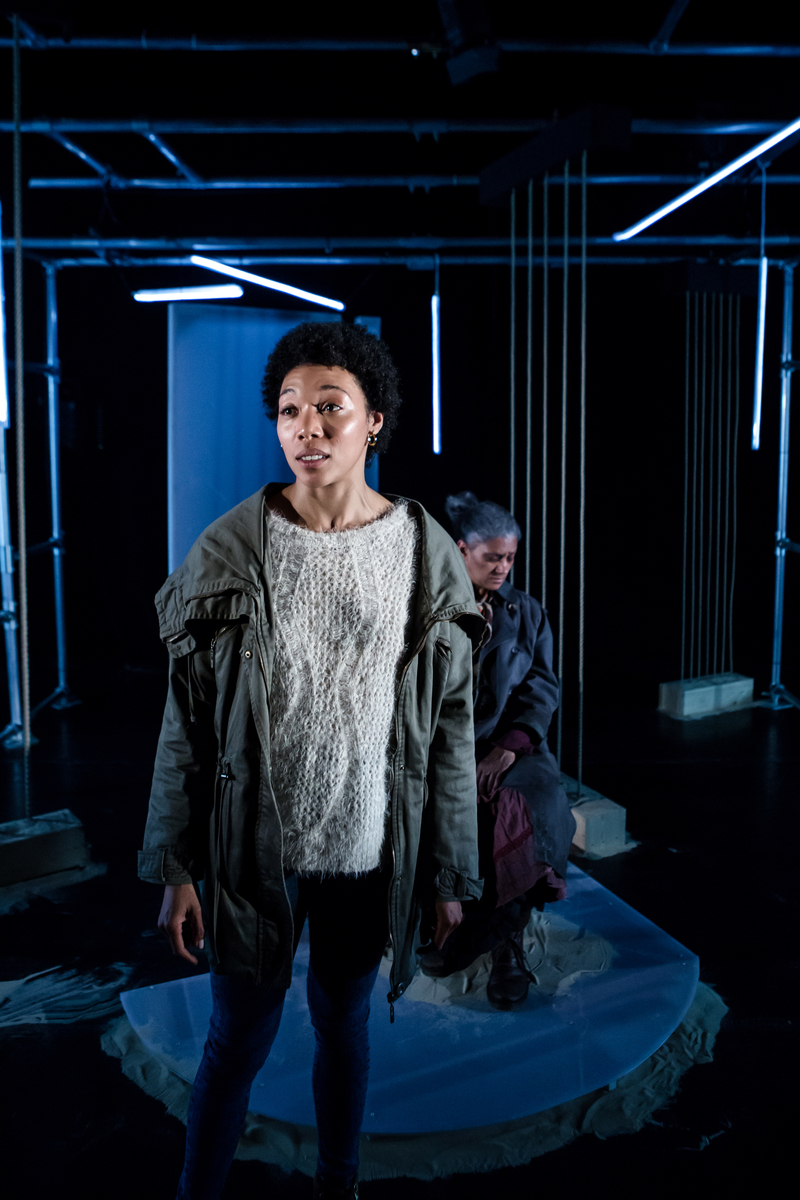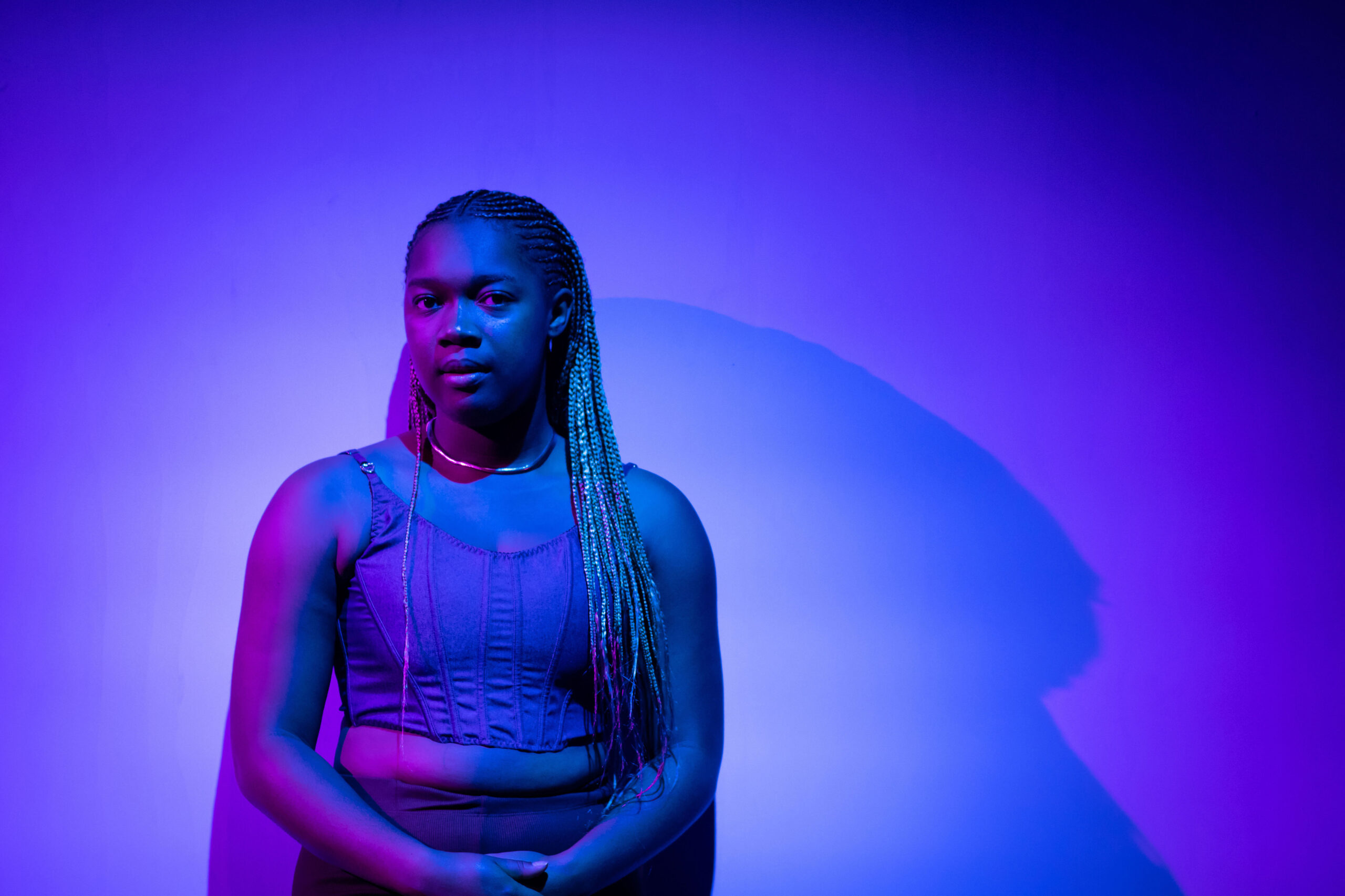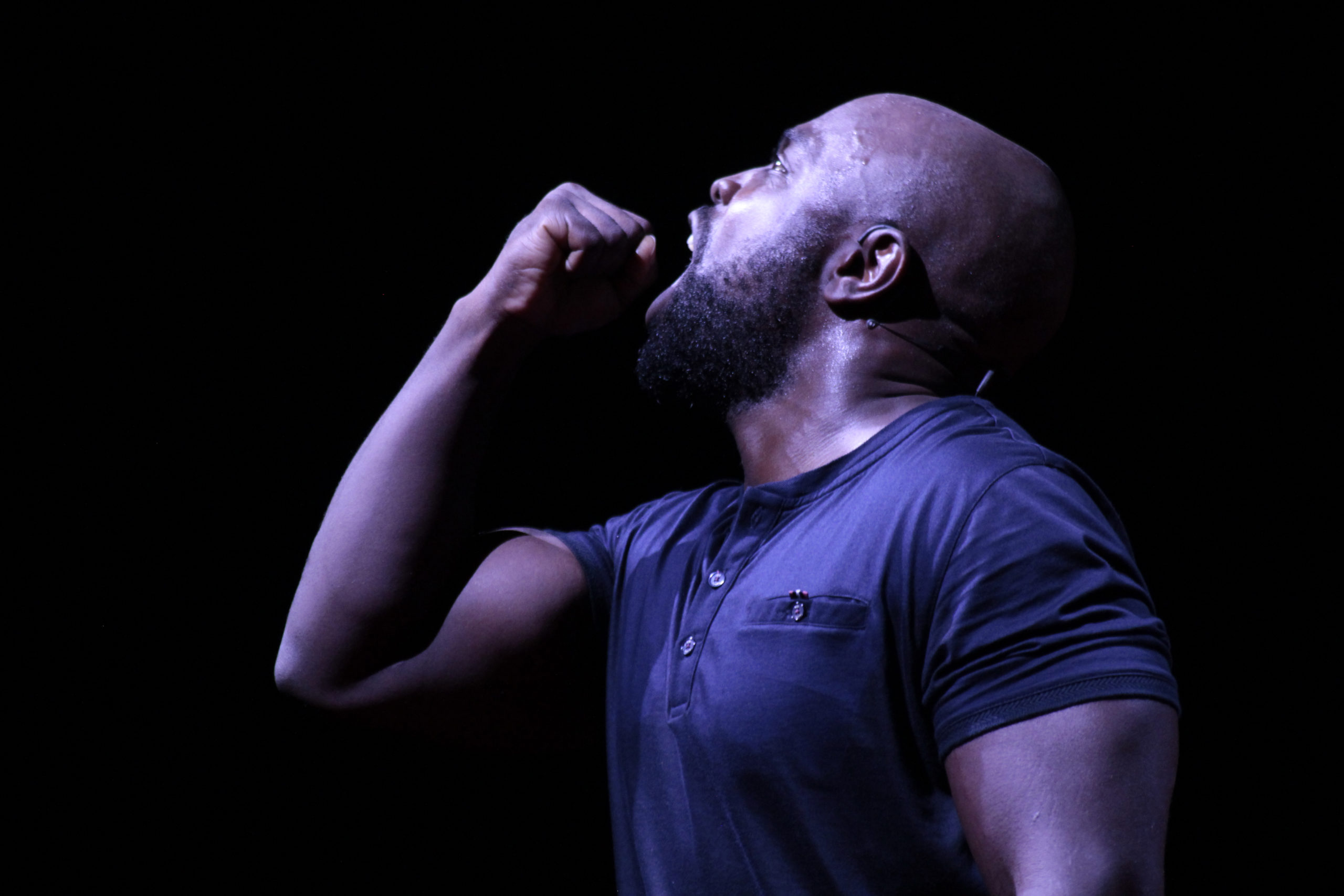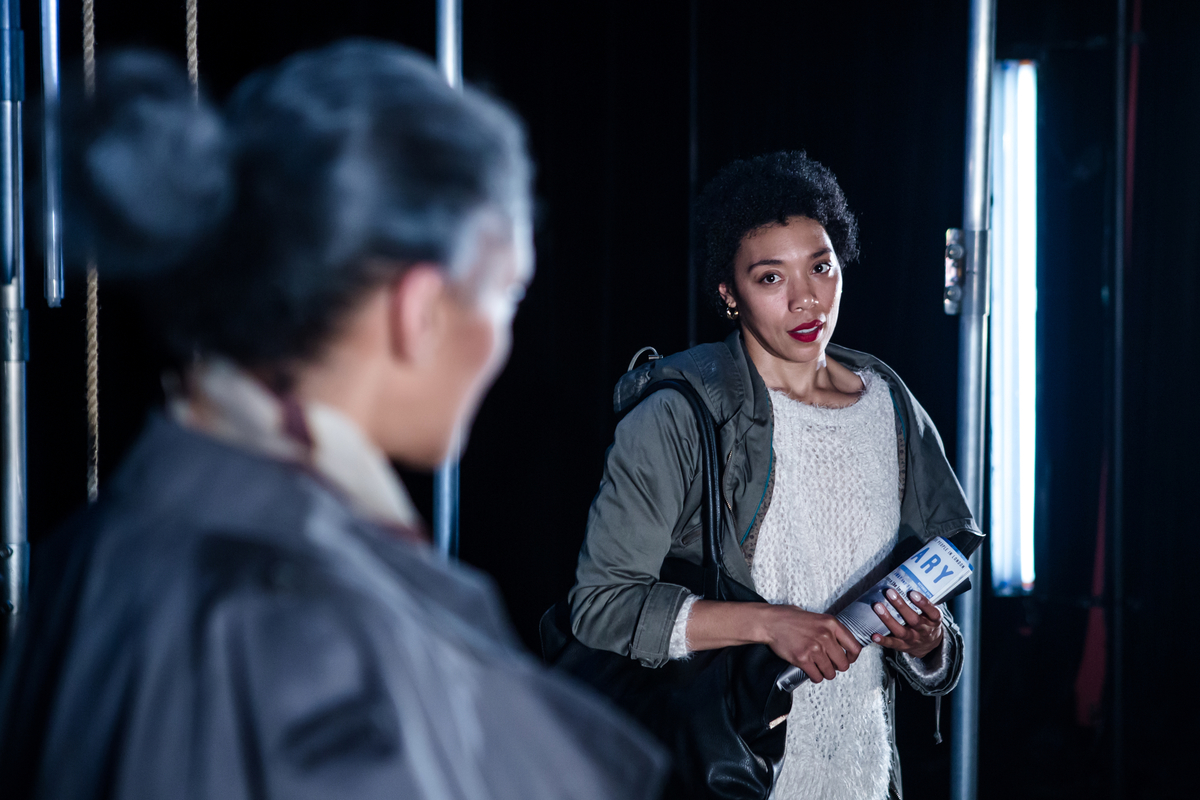
During particularly tumultuous periods of social and political discord, many find solace in theatre. It becomes a source of comfort, providing uniquely nuanced and entertaining ways of viewing the issues of the day-to-day. The poetic play She Called Me Mother by Michelle Inniss and directed by Cara Nolan offers exactly this, and from 7-11 February, Tara Theatre, with Pitch Lake Productions for Black Theatre Live, will be its home.
Exploring issues of being a first and second generation immigrant, the adjoining generational split, and homelessness, the production follows the strained relationship between an elderly Trinidadian-born mother and her daughter living in England. In between rehearsals, gal-dem caught up with actor Chereen Buckley, who takes the role of distant daughter Shirley, to talk cultural upbringings and mother/daughter relationships.
“It’s a play that deals with so many female issues: wanting independence, oppression, race, gender, all of the kind of stereotypes put in one, and because the two age groups are more or less generally covered by the mother and the daughter, you also see the two sides to the story. The generational split”, says Chereen. “I would never say it was a play for just black women or Caribbean women but there’s a specific representation there for upbringings from minorities, and the different upbringings between the mother and daughter.” Though the play primarily focuses on Evangeline, an elderly Caribbean homeless woman played by BAFTA and Golden Globe-nominated actress Cathy Tyson, Chereen believes that the narrative is one that doesn’t necessarily require an Afro-Caribbean heritage for it to resonate with you. “I think especially now, with different cultures living on top of each other, you don’t have to be from it to recognise it, live it, or identify with it in some way.”
This statement in particular rang true for me and was evident throughout my conversation with the established actress; despite having spoken to her for just ten minutes at this point, we find ourselves laughing over our shared experiences of being told to speak when spoken to or, when in school, the shock of listening to how other children would speak to their parents (and having too much common sense to try and emulate those tones with our own). But amongst the laughs, Chereen touches on something that many of us, her character Shirley included, grapples with at length; “You have the discipline, the rites of passage, the obligations to family, the obligations to the way that you speak to your elders, but also the fight for your own voice and independence”, Chereen notes. “You find that thing when you grow and realise, actually, my parents don’t always get it right and then it’s a question of how do you broach that subject while still being respectful to your parents but trying to have that conversation as a grown woman?”
A play boldly highlighting the tangled interplay between identity, generational gaps, and being a child of the diaspora highlights the importance of a production company like Pitch Lake Production. The East Midlands based touring theatre company was founded by three women – Cathy Nolan, Michelle Inniss and Cara Nolan, two being women of colour – and was “formed to address the lack of leading roles in British Theatre for BAME actors”, creating work which centres BAME characters. For Chereen, this is utterly crucial. “I think a piece was published maybe two or three years ago where theatres were named and shamed as to how many female directors they had, how many female writers, how many female producers, let alone actors and let alone of colour, and the numbers by comparison in this day and age are completely laughable.”
Women of colour have powerful, rich and diverse histories and experiences but how are they meant to tell their stories with the crippling lack of representation among the people who mould the narrative? Whilst we are still fighting for representation in all areas and levels of the art world, which can at times feel bleak and relentless, She Called Me Mother offers a peek at a future, one where women of colour get to tell their stories through actresses of colour, sending audience members a message in the most basic and visceral way: us and our experiences are not invisible.

